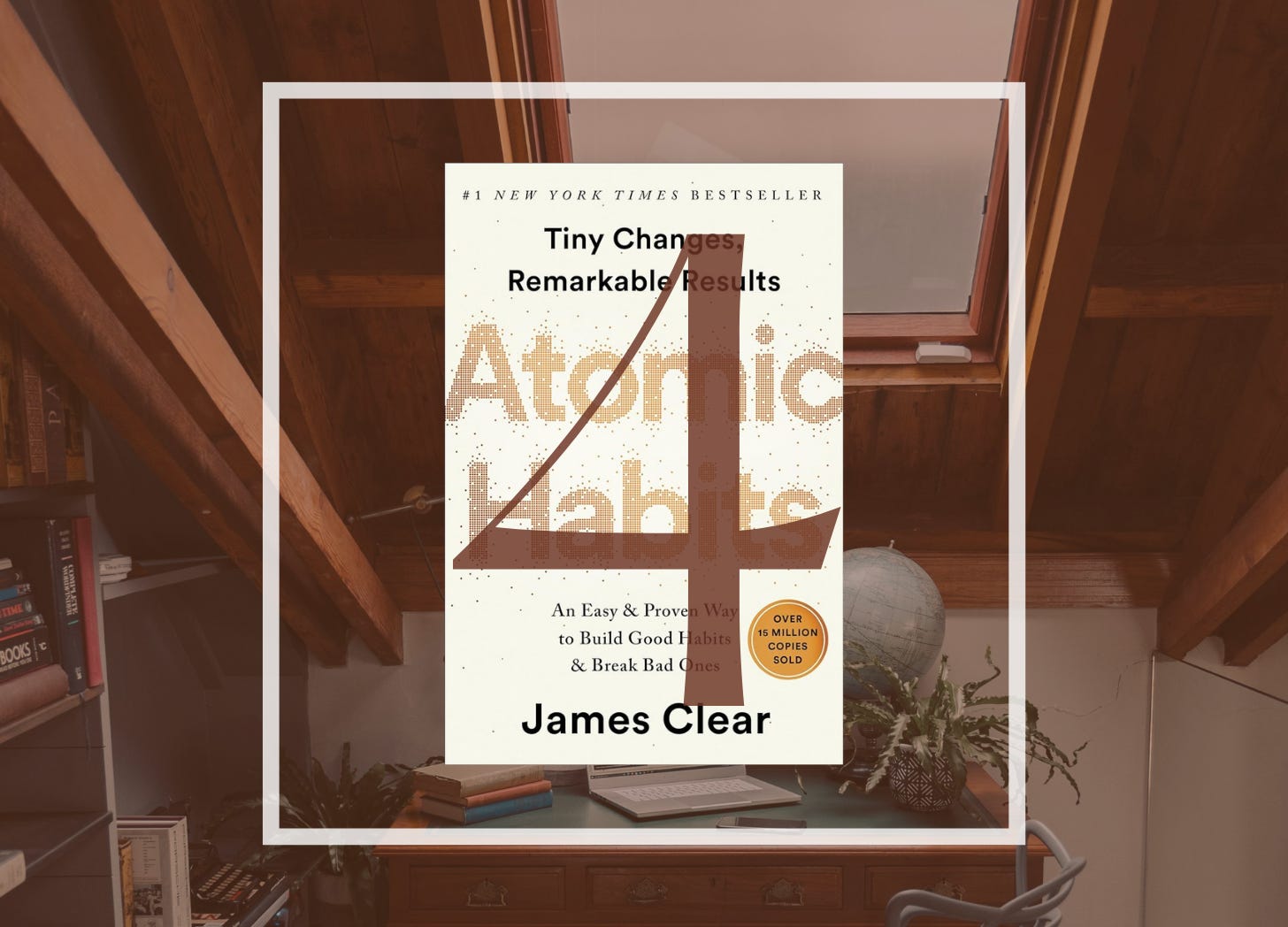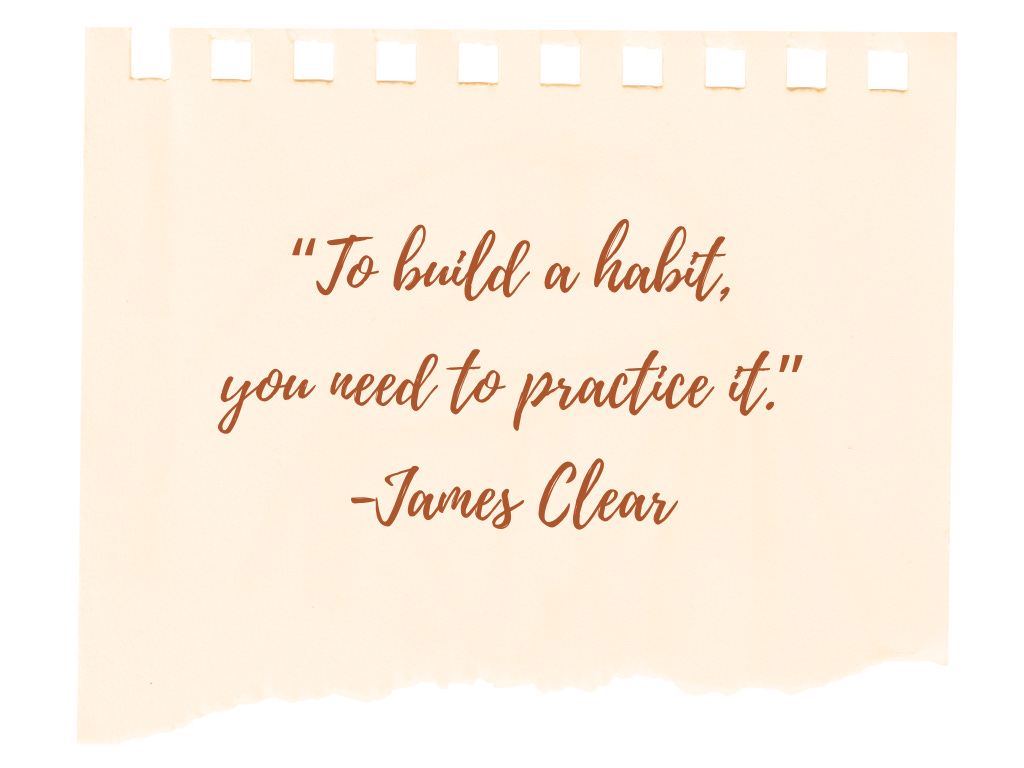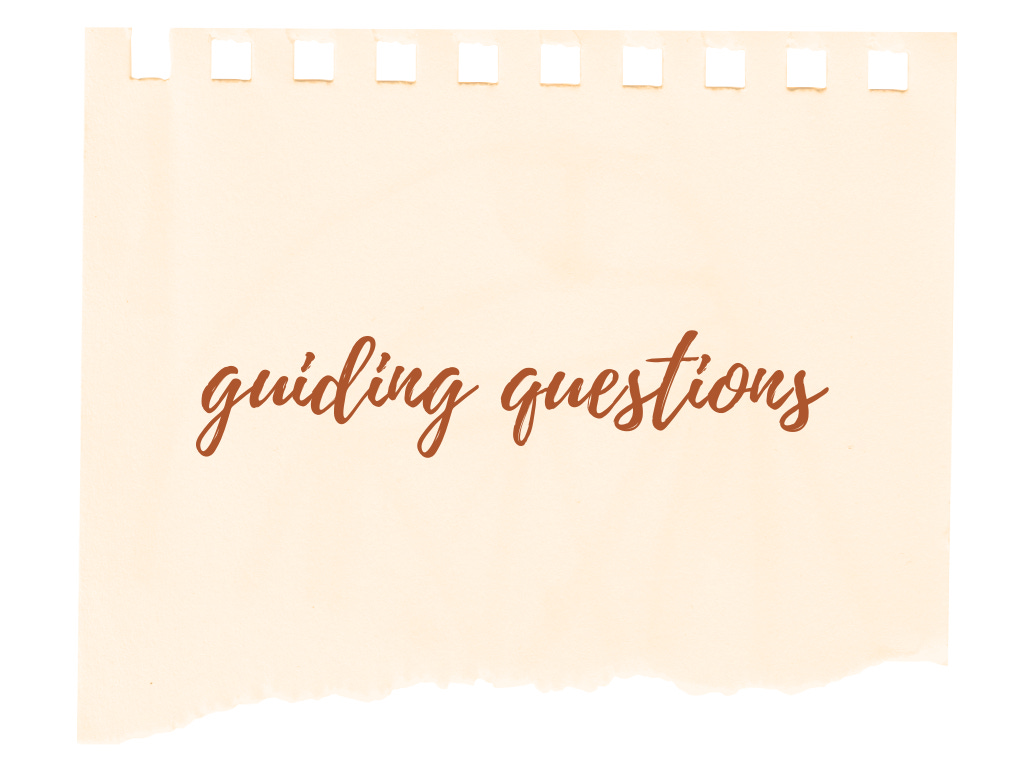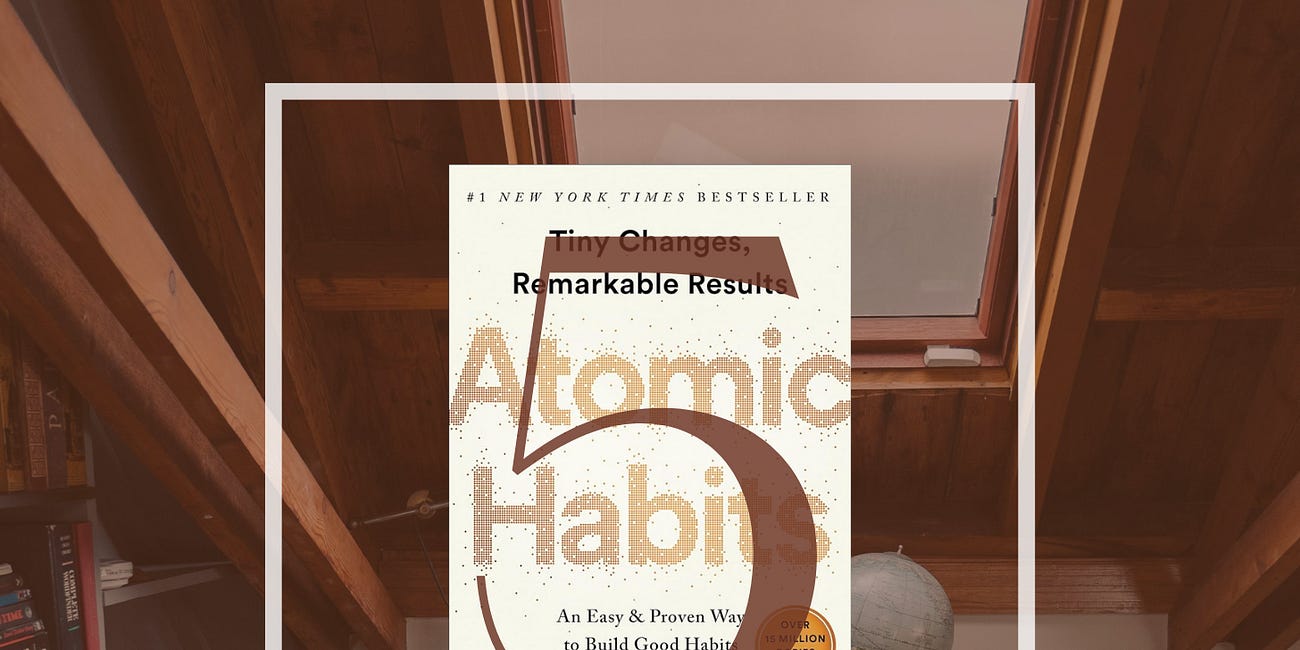Real writers write 1,000 words a day. That sums up the messaging I hear, anyway. But for several years, I found it impossible to write 1,000 words a day, and that daunting number made me anxious to sit down and start writing on any given day. No matter how much time I devoted to a writing session, I just couldn’t hit 1k.
Many courses and books and websites are devoted to helping writers reach that arbitrary benchmark. (And if you want to try those methods, go for it!) But since I just couldn’t seem to reach that daily goal, I had to aim for much less. In fact, the way I finally got into the habit of writing 1k words every time I sat down to write was just… writing often. Eventually I wrote more and more words per day, and now I write between 1,000 and 3,000 words a day, four to five days a week. I don’t have a secret method for this. I don’t outline or skeleton-draft or avoid editing as I draft (which isn’t to say these aren’t good ideas). I’m just used to writing a lot of words in one sitting. I started by writing what I could, and now I write quite a lot.
Welcome to the fourth week of our Writers’ Book Club. Chapters 11-14 of Atomic Habits focus on using small, easy changes to start a long-term habit.
Early in my writing career, I didn’t use word count goals. In fact, on any given day, I would often tell myself I was only going to write one single page. Inevitably, I’d get into a writing groove and write more than one page after all. This still works well for me; when I don’t much feel like writing, I’ll aim only to write some notes or re-read pages I’ve already written. Almost every time, I end up writing pages and really enjoying it.
Have you tried the Two Minute Rule? In Chapter 13, James Clear sums up the rule this way: “When you start a new habit, it should take less than two minutes to do.” Two minutes is just enough time to sit at a computer, open a Word document and type a sentence or two. That doesn’t sound like much, but it’s Clear claims that “each time you repeat an action, you are activating a particular circuit associated with that habit” (Chapter 11). Which means as long as you sit at your computer and open you document, you’re forming a writing habit. And every time you write a paragraph or page, you’re deepening that writing habit. Eventually, those small starts can add up to the habit of writing several pages on a regular basis.
As far as writing habits go, I’ve made a few changes in the hopes of making it easier to start writing on any given day. But first, an update on my progress from last week…
Last week’s temptation bundling experiment has lead to an interesting change. First of all, I really like the practice of not checking my email most mornings—my mind feels calmer when I start off my day without a list of other people’s requests. Second, I have no problem leaving social media until after noon (and oddly, I’ve been hearing other creatives mentioning that they also have a rule not to check social media before noon. Have I stumbled onto a new trend?). However, once I start writing, I’m finding it very uncomfortable not to be able to stop every so often to check something (email, social media, the news, etc.). I’m wondering whether this feeling will eventually fade. Will my rule about avoiding checking eventually retrain my attention span? Should I try to replace checking with something else. Should I pause my writing to read a chapter of a book? Go for a short walk? Would those things provide restful, energizing pauses, or would they be distracting delays?
Or am I being too strict? Limiting screens before the start of a writing session had worked has worked well—but do I really need to limit screens during breaks? I experimented with this one morning: after writing for about an hour, I checked my email, the news, social media, and Discord, all of which took only a few minutes because nothing much needed my attention. I decided that maybe this wasn’t a bad practice after all! And then one of those emails started lingering in my mind. I figured it would only take a few minutes to address the issue at hand… An hour later, I realized why I can’t use screens during breaks. I’d lost that hour of writing and had to get to my other job without the satisfaction of finishing what I’d been working on in my manuscript.
So I’m back to the idea of limiting screens until after all of my writing is finished for the day—if I can figure how to stick to the habit. I even decided to go back to the idea (in Week 1’s discussion) of removing cues that lead to bad habits: I deleted Instagram from my phone. I honestly didn’t miss it at all. One day, when I wanted to promote my critique services on Instagram, I put the app back on my phone so I could post a link to my website. But the next day, I deleted the app again. I’ll probably continue this pattern, because I find that without social media within easy reach, I tend to do more writing and more reading.
What outcomes are you seeing so far with cueing, habit-stacking, or temptation bundling?
I often refer to myself as a “low-energy” person who can’t put in a lot of effort unless I’m very motivated (at which point I’m all in). For that reason, I appreciate Part Three of Atomic Habits more than any other. In Chapter 12 , James Clear states that “the brain is wired to conserve [energy] whenever possible” and that “people will naturally gravitate toward the option that requires the least amount of work.” Does this resonate with you as much as it does with me?
I’ve never believed in the idea of using sheer discipline to write a novel, because if writing isn’t enjoyable, I don’t see the point in doing it. There are easier ways to make money and more effective ways to change society. A novel isn’t going to lend me immortality, either—if it ever gets published, it will likely go out of print before I run out of days in my life. So really, the only reason to write a novel is because you enjoy writing a novel. I admit that even enjoyable activities require discipline in order to be truly satisfying, but overall, I think the experience of writing a novel should be a mostly pleasant one. Which is why I love the idea of making good writing habits easy.
Here are the practices I implemented this week to make good habits easier:
To get started on writing each morning: I set up my computer and charger at night so that they’re ready to go in the morning. Sounds simple, but I’m used to writing until my battery gives out and then grumbling about having to find my charger. It’s probably the most annoying part of my writing day. Obviously, I should have started this practice sooner!
To eat healthier: I set up healthy snacks or meals at the start of the day. Usually when I’m writing, I either forget to eat or I reach for whatever food is quickest to start eating, which is usually something packaged. It turns out I don’t mind eating healthful food if it’s already set up and easy to grab so that I can get back to writing.
To read more often: I’ve been making it a point to leave a novel within arm’s reach of the couch, because I’ve noticed that in my free time in the evening, I will opt for whichever activity is closest at hand. Usually, that’s my phone; occasionally it’s the TV remote. I love to read, but screens are so easy to access that I impulsively opt for them even when I’d much rather open a book. Lately, I’ve been reading more simply because the book I want to read is within reach.
Each of these changes may seem very small, and therefore, inconsequential. But in Chapter 12 of Atomic Habits, James Clear gives an example of Japanese firms that sought to rid their workers’ manufacturing processes of every friction, with the result of adding customers and revenue. I’m hoping that removing some of the friction from my day will make me more likely to continue good habits.
And what I like about each of these practices is that they make good habits not only easier to carry out but more enjoyable altogether. I enjoy writing more when I’m not stressed about my charger, and I enjoy reading more than I enjoy looking at my phone. Have you found enjoyment in your habit-forming? What has been most effective in upping your enjoyment of good habits?
Have you found any gateway habits? In Chapter 13, James Clear provides a chart of habits that start at “very easy” and end at “very hard,” with the easiest habit being a gateway habit. For runners, that habit might be “putting on your shoes.” The next habit to implement would be “walk ten minutes.” Eventually, a runner would work up to “run a marathon.” For writers, a gateway habit might be “open a document” or “write a few brainstorming sentences.” The first few scheduled days of writing a novel might be very short—just enough time for the gateway habit. But eventually, the hope is that short writing sessions turn into productive writing days.
It also helps to look for a gateway habit that starts long before you’re ready to write a novel. Maybe you want to start by learning more about plot structures, or by reading more novels in the genre you plan to write in, or by visiting a place you want to model your setting on. Is it easiest to pick up a book about plot? To subscribe to a writing newsletter? To ask a bookseller for reading recommendations in a certain genre? What is the easiest thing you can start with in order to get onto the path toward writing your next novel? It’s okay to start with those less daunting steps and work your way up to writing your first page.
I have my own gateway habits for starting a new project:
I revisit a favorite book of mine, 20 Master Plots, and mull over what type of story I think is knocking around in my head.
I think about which novels seem to be forming the inspiration for my new story idea.
I use my Five-Layer Method to brainstorm about characters for the new story.
I do some preliminary research to get sharper ideas.
I sketch out a few plot points that I think might happen somewhere in the story. This is less of an outline and more of a brainstorm.
I write whichever scene has been knocking around in my head most, the one that first called me to write the book. But this is just a practice scene. It’s always pretty misshapen and vague and never ends up in a draft.
I repeat these steps until I can write a scene that feels like a first chapter.
At this point, I’m ready to schedule my writing days and get to work on the novel. Each of these things is easy and fun to do, and I don’t need convincing to do them, so they lead easily into the more daunting work of writing the novel. But this gateway process is also fraught with doubt, which is a good thing: if I can’t make it past my doubt about a novel idea, it’s not probably not an exciting enough idea to compel me through a whole draft, and therefore, it’s better to find a different premise.
While I don’t find it difficult to stick to a regular writing schedule, I feel daunted most writing days, not by word count goals, but simply by my desire to write very well. I don’t mind an imperfect rough draft, but if a draft doesn’t have good bones, it’s hard to feel it’s worth continuing. Like most writers, I don’t start writing a new novel until I feel sure the idea is worth my devotion, and I rarely abandon a writing project mid-draft. Still, that fear hangs over me: Will I find the good bones of the story today? Never mind that the answer almost always turns out to be yes. The anxiety still holds me back from starting my writing each day.
This is especially true for me right now. I’m currently working on a particularly challenging section of a particularly challenging manuscript (aren’t they all? haha). I’ve been trying to figure out how to write this section of the novel for over a year. I finally sketched out ideas for the scenes I need to write, but I still wasn’t sure how to approach them.
Chapter 12 talks about how to “achieve more with less effort” but in trying to write these difficult scenes, I found it helpful to think about achieving more by delaying efforts. While I want to put in all the work it takes to write the best novel I can, it’s hard to start writing a single page when I’m envisioning a finished, nearly-perfected manuscript. I decided to think of all the things I’ve told myself in the past that have made writing easier to approach:
This is just a rough draft no one will ever see, so don’t make it perfect.
Write this scene the wrong way now, and then you’ll know what not to do in the next draft.
Instead of writing a scene, just write a sketch of the scene as a placeholder.
Instead of writing, just write an explanation or description of what you want to write.
With these messages in mind, I tried to figure out how to write that first tricky scene. For a couple of days, I kept telling myself to focus on the fact that this scene would only be a rough draft and I’d never have to show it anyone. That finally helped me get started, and I managed to write quite a long scene. But I was very unhappy with the way the scene turned out.
The next morning, I tried to decide which part of the scene I did like and would want to keep—but I only ended up liking on sentence. I realized I had written the scene all wrong: I had made it concrete and plotty and a little pedestrian. I realized what I really wanted was something moody and intimate and surreal. Still, I didn’t know how to achieve the effect I was going for.
I decided that instead of rewriting the scene, I would just sketch out a few phrases out of order. I ended up writing the phrases in first person POV even though the rest of the novel is written in third. Then I started writing descriptions of what else might happen in the scene. Somehow, that all morphed together into a semi-coherent scene, written half in first person and half in third person. I spent another hour or so rewriting it for clarity and was finally happy with it as a solid rough draft of a scene. Nothing about the process had felt “easy,” but I had managed to lower the bar enough to get myself started, and I’d worked my way toward the good bones I’ve been searching for this past year or so.
Onto the rest of the scenes. More on that next week.
Based Chapters 11-14 of Atomic Habits, here are some questions I’ve been asking myself, which you can also ask yourself:
What do you need to revisit from your attempts at cueing, habit-stacking, or temptation bundling?
How can you adjust your environment to make good writing habits easier to follow?
Which gateway habits will lead you into more difficult-to-establish habits?
How can you re-frame habits in a way that make them easier to approach?
Week 5 of Writers' Book Club: Atomic Habits
Welcome to the final week of our Writers’ Book Club on Atomic Habits! Chronicling my habit changes for this newsletter has been a big undertaking for me and has led to what I hope will be long-lasting practices. But before I get into the results of implementing the ideas in this book, let’s take a look at Chapters 15-17
Parker Peevyhouse is the author of Strange Exit and The Echo Room (Tor Teen), which have been called “compulsively readable” and "thrilling" in starred reviews, and Where Futures End (Penguin), which was named a Best Book by the New York Public Library, the Chicago Public Library, and Bank Street.
Find Parker’s writing resources, including her popular digital workbook courses, on her website.














Thank you for these discussions/insights! They always give me food for thought :)